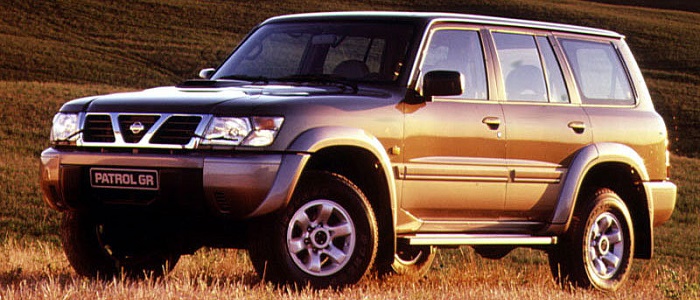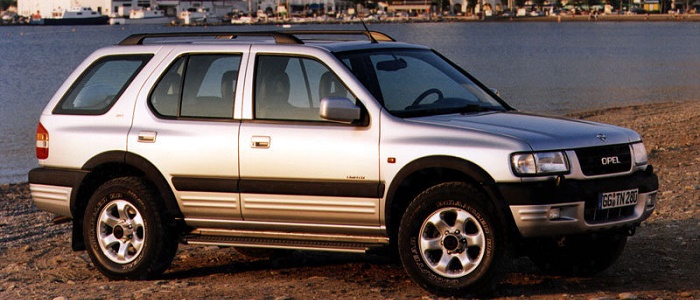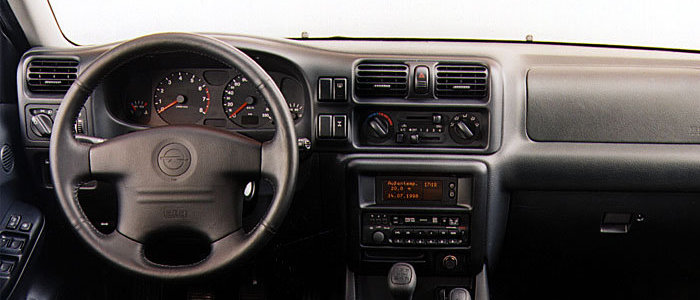Compare two cars
Compare any two cars and get our Virtual Adviser™ opinion
Dimensons & Outlines
Check vehicle history
Engine
Performance (manual gearbox)
Performance (automatic gearbox)
Expenses
Virtual Adviser's™ opinion
Well, these are two pretty similar cars we have here! It's only details that could potentially make the difference. Considering they both belong to the suv segment and utilize the same 5-door suv body style and the 4 x 4 wheel drive system, it all comes up to the specific petrol engine choice they offer. The first one has a Nissan-engineered powertrain under the hood, a 6-cylinder, 24-valves 251hp unit, while the other one gets its power and torque from a 6-cylinder, 24-valves 205hp engine designed by Isuzu.
SafetyThe fact that the Opel got tested by the European New Car Assessment Programme (Euro NCAP), while the other contender didn't, isn't really an advantage, taken the poor 3-star rating it received. Still, apart from the official crash test results there are other things we need to be aware of. Both vehicles belong to the suv segment, which is generally a very good thing safety-wise, still it doesn't help us solve our dilemma, does it? Furthermore, if we'd like to consider vehicle mass in this context too, which we definitely should, the Japanese car offers a potentially life-saving difference of 46% more metal.
ReliabilityReliability is not the best thing to consider on the make level, but it is worth mentioning that Nissan does have a slight advantage, all the models observed together. These are the results of an independent reasearch, while our visitors describe reliability of Nissan with an average rating of 4.3, and models under the Opel badge with 4.2 out of 5. Unfortunatelly, I don't have enough insight that would allow me to comment in more details on the specific models level. Above it all, drivers of cars with the same engine as the Japanese car rank it on average as 5.0, while the one under the competitor's bonnet gets 3.0 out of 5.
Performance & Fuel economyOpel is a bit more agile, reaching 100km/h in 0.1 seconds less than its competitor. Still, it lacks the power to win the top speed competition, topping at 184 kilometers per hour, 6km/h less than the other car. When it comes to fuel economy an obvious choice would be the German car, averaging around 13.2 liters of fuel per 100 kilometers (21 mpg), in combined cycle. That's 38% difference compared to the Japanese car!
Verdict
Nissan is apparently more reliable, not too much, but just enough. The most important thing when deciding between any two vehicles should always be safety, both passive and active. In my opinion, everything taken into account, the Japanese car offers slightly better overall protection and takes the lead. When it comes to performance, both vehicles provide similar experience, so I wouldn't point any of them out. the German car is in a different dimension economy-wise, and many people will find that crucial. I believe that, when we take all into account, we have only one winner here - the Opel. Nevertheless, let's not forget that people have different preferences and needs, so what really counts is your personal feel. I'm only here to help. I suggest you spend two more minutes in order to find out which car, based on your needs and budget, would be picked by the virtual adviser™, out of 12.000+ vehicles we currently have in our database.
































